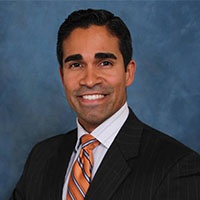 Fishkill Felony Lawyers, New York
Fishkill Felony Lawyers, New York
Sponsored Lawyers
1-3 of 3 matches
1436 Route 52
Fishkill, NY 12524
Criminal, DUI-DWI, Felony, Misdemeanor, Traffic
Angel I. Falcon is a Dutchess County based general practice catering to the legal needs of individuals and businesses in the Hudson Valley and surrounding areas.
(more)
Grand Jury Proceedings, Felony, DUI-DWI, Criminal





